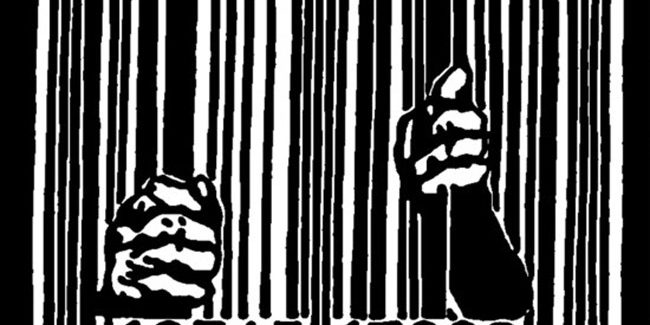By Sean Tobin
There has been a debate in this country, nearly from its inception, on whether or not governments should or even can outsource services related to keeping people locked away for various wrongdoings. In side-stepping the debate between whether rehabilitation or retaliation works best to prevent future acts against society and civilization, we come to the crux of a new issue. How do we pay for it and how well do our current methods work?
In using John W Kingdon’s three-stream method to analyze how policy comes to be, we need to identify three things: the problem, the solution and the political environment. First what is the problem that needs to be fixed? When we look back on crime trends we see that in the late 1960’s there were sharply increasing incarceration rates in the country so prisons were filling past capacity. The second stream that needs to come into play is the solution. In the 1970s debate broke out as to what the best solution should be. Congress put together many different combinations of old and new ideas to come to the best solution. However, there is a final stream, in this case a political filter that the policy must pass in order to be implemented.
As Congress was honing in on several widely accepted policy solutions by the 1980s, they had to determine which one would be able to pass the Ronald Reagan’s desk with a signature instead of a veto. This is where good policy had to change to meet a format he was willing to approve. Obviously, the form it had to take included private corporations’ control in the expanding prison system. Here is where private prisons are born.
Fast forward to 1996, when the US Government Accountability Office (GAO) tested how well these privatized prisons and outsourced services were performing. They, as well as many academics and other evaluators, cannot and have not been able to find any conclusive evidence that privatized prisons or prison services have provided better or cheaper service. Unfortunately, what they have found is that once prison privatization takes place, corporations tend to become institutionalized and maintain control regardless of which party is in control.
Having private companies run public services like prisons creates a situation where it is likely that problems of incomplete or incorrect information will arise. How does the client, in this case the state, know whether the quality of service meets contractual obligations? The obligations which are in place for prisoner safety and survival. In order to maintain the human rights of our prisoners, we must have structured methods to provide for oversight.
The solution is that there should be evaluations, with real penalties on the provider, and made available to the public in assurance that proper services are indeed taking place. The knee-jerk thought that private means more efficient is flawed by the presupposition that market failures do not happen and/or are not common. The corners that a private provider is tempted to cut for cost savings will transfer what is supposed to be their monetary cost onto the prisoners, who are mostly illiquid and can only pay with their health.
As has been demonstrated for this type of service, private prison service providers cannot beat the state on price or quality, but the state must also make sure corners are not cut to generate a profit. This added layer of oversight needs to be efficiently and formally structured with transparent and feasible goals. This is the best way to ensure that we do not force the 43,000 people in Michigan prisons to pay with their health and to protect the taxpayer dollars which are used to pay the private corporations.
Michigan halfway protected its prisoners. MDOC fairly regularly evaluated the conditions that Aramark cooked, stored and served its prisoners. What many don’t realize is that MDOC counted over 3,700 violations in nine months of service, 48% of which were persistent issues that did not change. The public was not made aware and the contract that Michigan had with Aramark did not effectively convince that company to right its ways. MDOC could not convince them to fix their mistakes – nor did the few sanctions that were eventually placed on Aramark.
Aramark cut corners with the services they provided, but the real failure was on the part of the MDOC for not holding them accountable and for allowing persistent problems to continue. The new operator, Trinity, has been observed in other states cutting corners in regards to the quality and quantity of food they provide. Before we switch over to a new provider, it is prudent that we undertake an overhaul of the evaluation practices to make sure that we don’t allow Trinity to cut corners.in the same way Aramark was allowed to, all while racking up our tax dollars for corporate profit.
Sean is a Research Intern at Progress Michigan and is currently studying Public Policy at Michigan State University.

